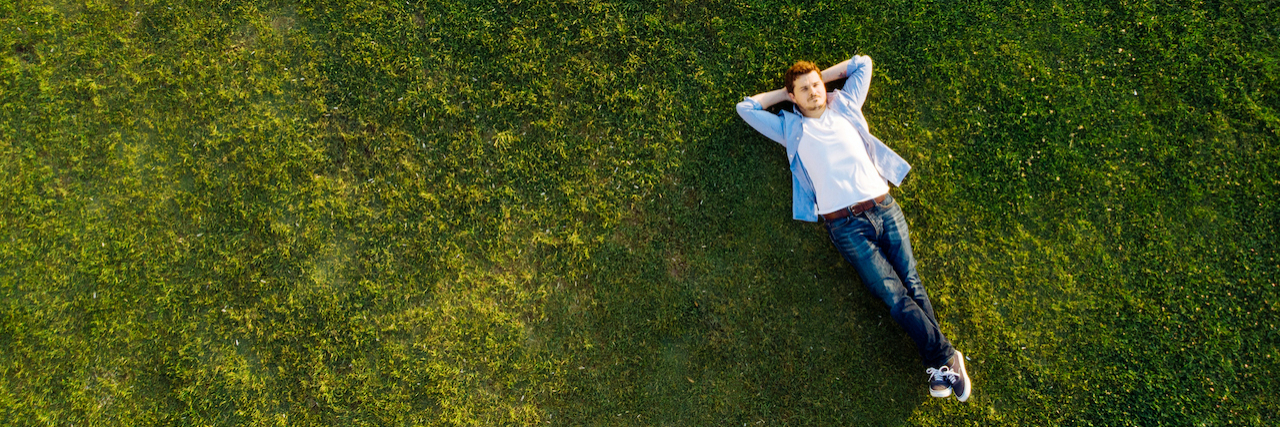It’s different for everyone, but I truly believe there is a connection between my mental and physical health.
I’m finding as I’m starting to get better from bipolar disorder, obsessive-compulsive disorder (OCD), generalized anxiety disorder, my eating disorder, and complex PTSD, more physical health symptoms are popping up. I am now dealing with leftovers from my anorexia, such as osteoporosis, as well as obesity from my psychiatric medication. In addition, I have a family history of hyperlipidemia (also known as high cholesterol) that started to take affect for me at the age of 23 (I am now 28 and finally receiving medical treatment for this as well as engaging in physical activity and a balanced diet and meditation). I was also diagnosed with polycystic ovarian syndrome (PCOS) last year which comes with various hormonal imbalances. Over the past few months I also began to have worse allergies, sinus issues, migraine, and tension headaches. I also have a history of concussions.
Now, this article is not here just solely for the purpose of complaining or venting. I would like to share how I manage my various health conditions, both psychiatric and physical, particularly as a neurodivergent person with ADHD, autism, and learning disabilities.
1. Find a calendar method and stick to it.
I used to use a paper calendar, but that never stuck. So now I always always write down every single appointment as soon as I receive it on my phone calendar. I am now in the habit of checking my phone calendar every morning and a few times throughout the day, so I never forget doctor’s appointments.
2. Set timers.
Set timers, whether it be for doctor’s appointments, taking medications, exercising, eating. I am big on timers helping me remember when to do certain things. Sometimes I even set a timer for showering!
3. Use sticky notes and a pill box.
I also leave sticky notes in various places to help me remember things. And of course, the magical pill box. I always use a pill box, and try to fill it when I have the spoons to do so. Taking your medications as prescribed is so, so important.
4. Meditate.
This is easier said than done, but I’ve found both free YouTube meditations (these ones are typically guided) and, since then, I’ve paid for an app where there are dozens of meditations. Some of these are two-minute breathing exercises while others are 30 minutes. Some are silent and others are guided. Meditating one to two times a day as helped center my mind and my body in its healing.
5. Exercise, if medically cleared to do so.
This is only if you’re physically cleared and have enough spoons. I often don’t have enough psychological or physical spoons to exercise, so I tend to think of it as joyful movement and stick with walking my dogs or light weight lifting for brief periods of time. Again, always listen to your doctor or dietician.
6. Eat at regular intervals.
This has helped my mood disorder, my anxiety, my ADHD, my headaches. I often set timers to remember to eat. Many autistics (and busy neurotypicals too) struggle with realizing they’re hungry or remembering to eat.
7. Rest if you need to rest, and tell yourself it’s OK.
It’s OK to rest, it really is. I often berate myself for not being “productive enough,” but rest is OK and often necessary.
8. Be kind to yourself—positive affirmations and gratitude help, too.
Being gentle and kind to yourself, whether you’re physically or mentally in pain, is key. I find practicing positive affirmations and gratitude lists to be extra helpful, if I have the energy to do so.
This list is not the end all, be all, and it may only be what works for me. However, I wanted to share just in case it helps someone else. What conditions do you struggle with?
Getty image by agrobacter

